Most medications in the US are staggeringly expensive, but new ones are often the worst.
According to the American Psychological Association, approximately one in seven women suffer from postpartum depression (PPD).
The APA describes the possible symptoms of PPD as:
- A loss of pleasure or interest in things you used to enjoy, including sex
- Eating much more, or much less, than you usually do
- Anxiety—all or most of the time—or panic attacks
- Racing, scary thoughts
- Feeling guilty or worthless—blaming yourself
- Excessive irritability, anger or agitation—mood swings
- Sadness, crying uncontrollably for very long periods of time
- Fear of not being a good mother
- Fear of being left alone with the baby
- Misery
- Inability to sleep, sleeping too much, difficulty falling or staying asleep
- Disinterest in the baby, family, and friends
- Difficulty concentrating, remembering details, or making decisions
- Thoughts of hurting yourself or the baby (see below for numbers to call to get immediate help).
PPD can affect anyone who has recently given birth, whether it is their first child or not. Socioeconomic class, race, age, education or location make no difference.
The FDA has just approved a drug specifically for the treatment of PPD, and it is making waves. Partially because it is a revolutionary development, and partially because of the sheer cost of that treatment.
According to Vox, the treatment will cost around $34,000, not including the price of the hospital stay necessary to administer it.
Anyone seeking brexanolone (trade name Zolressa) has to check themselves into a hospital certified to administer the drug.
Treatment will take 60 hours of constant IV infusion, necessitating a multi-day hospital stay.
For those with severe PPD, though, the price and the process may be worth it.
Dr. Lucy Puryear, who is the medical director of Center for Reproductive Psychiatry at Texas Children's Pavilion for Women in Houston and who was not involved with the clinical trials in any way, described brexanolone as a "game changer" for those with severe PPD:
"These are women who often are thinking about dying. They aren't able to function, aren't getting out of bed."
There were many people on social media heartened to hear there was a new and effective PPD treatment.
Several people commented on the sheer price of the drug.
Others noted the effects of the method of delivery.
Dr. Samantha Meltzer-Brody, director of perinatal psychiatry at the University of North Carolina at Chapel Hill and principal investigator of the clinical trials for brexanolone, commented on the promise of the drug:
"This is for postpartum depression, but it is a step in understanding how we treat depression more broadly. We have had the same treatments for depression for 30 years. There's an enormous need for new, novel ways to treat depression, and to treat it quickly."
If you think you might be suffering from PPD, consult your doctor. If you are worried you might harm yourself or your family, here are some ways to get immediate help:
- Postpartum Health Alliance's 24-hour hotline: 1-800-PPD-MOMS
- National Suicide Prevention Lifeline: 1-800-273-8255
If you just need to talk to someone who understands, here are some good options:
- Postpartum Support International: 1-800-944-4773
- Postpartum Health Alliance's warmline (staffed by people who have overcome PPD and know the struggle): 619-254-0023
PPD can be overcome, and this new treatment is another tool in the doctors' arsenal.




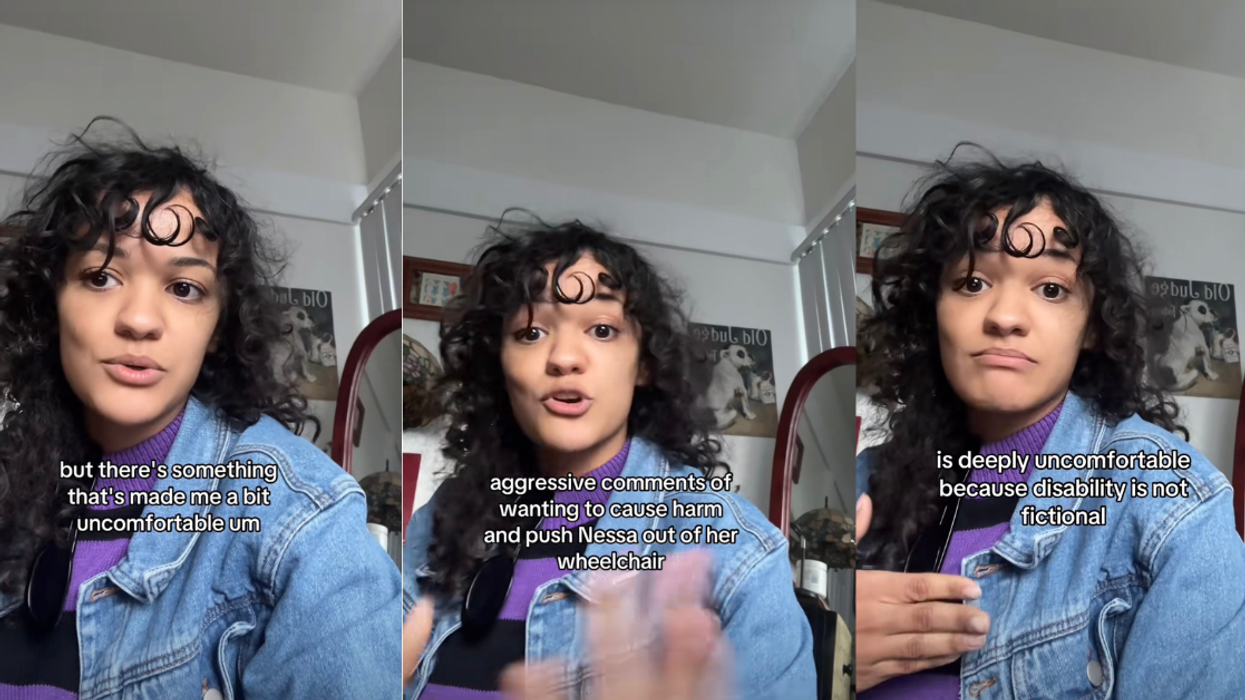

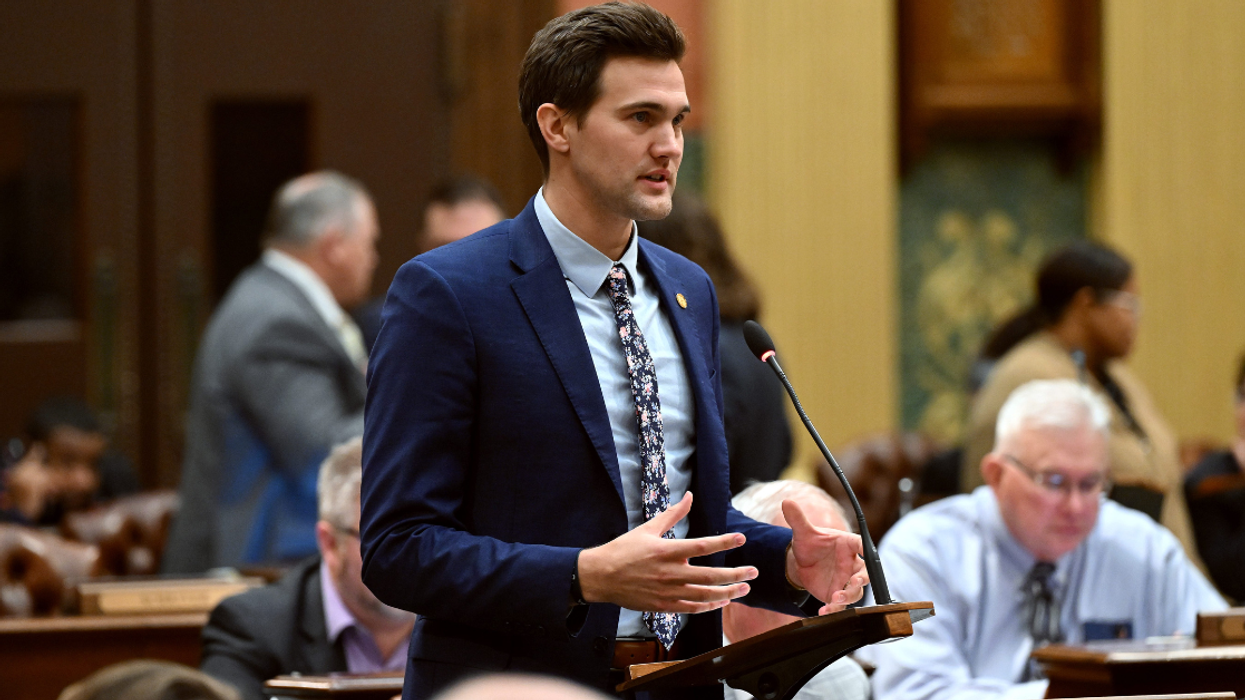
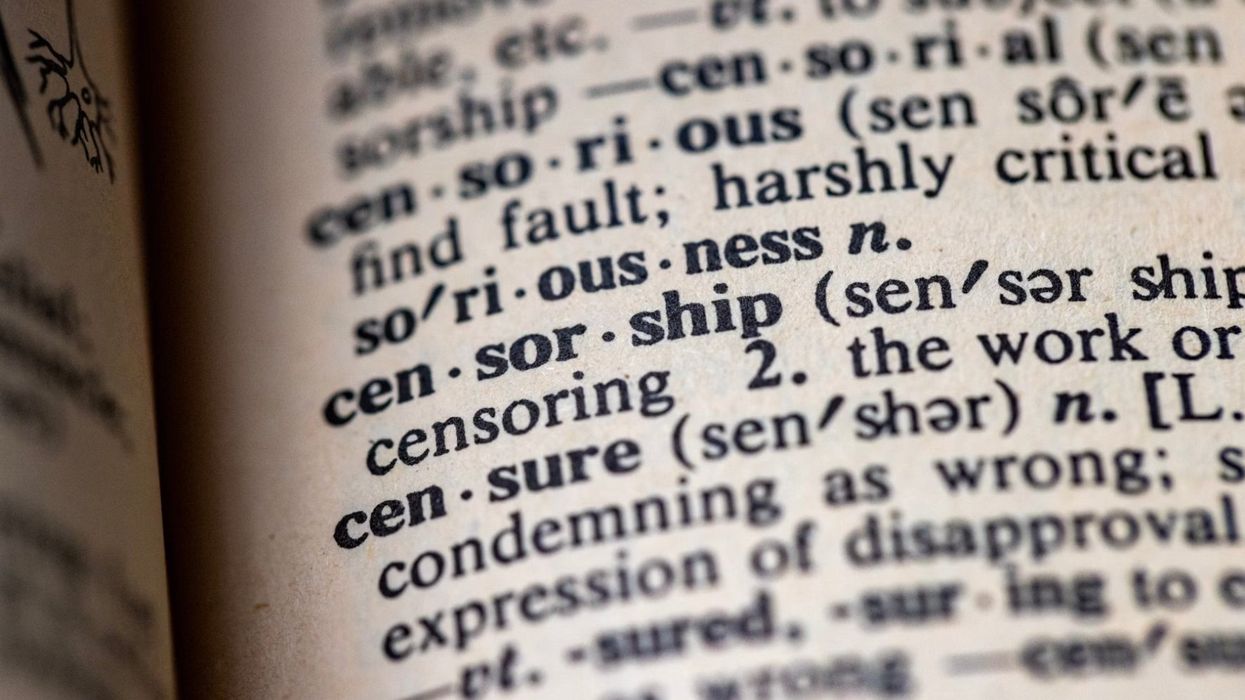




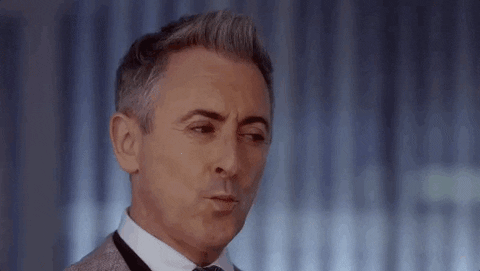
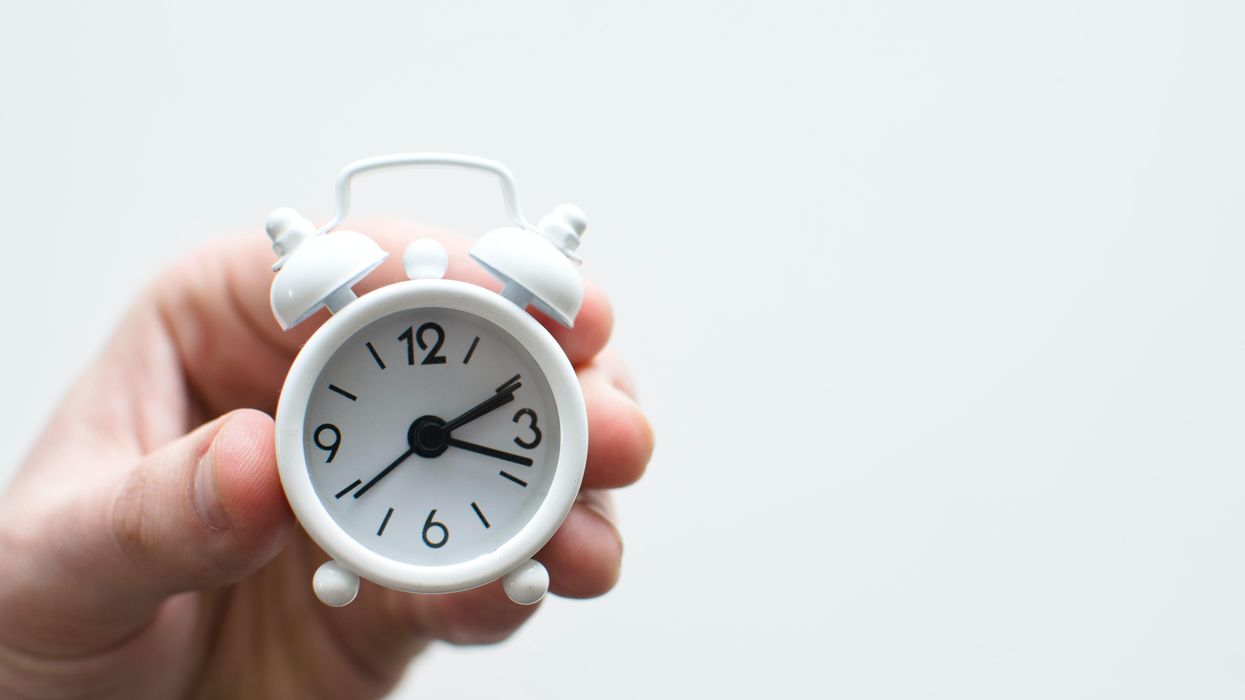
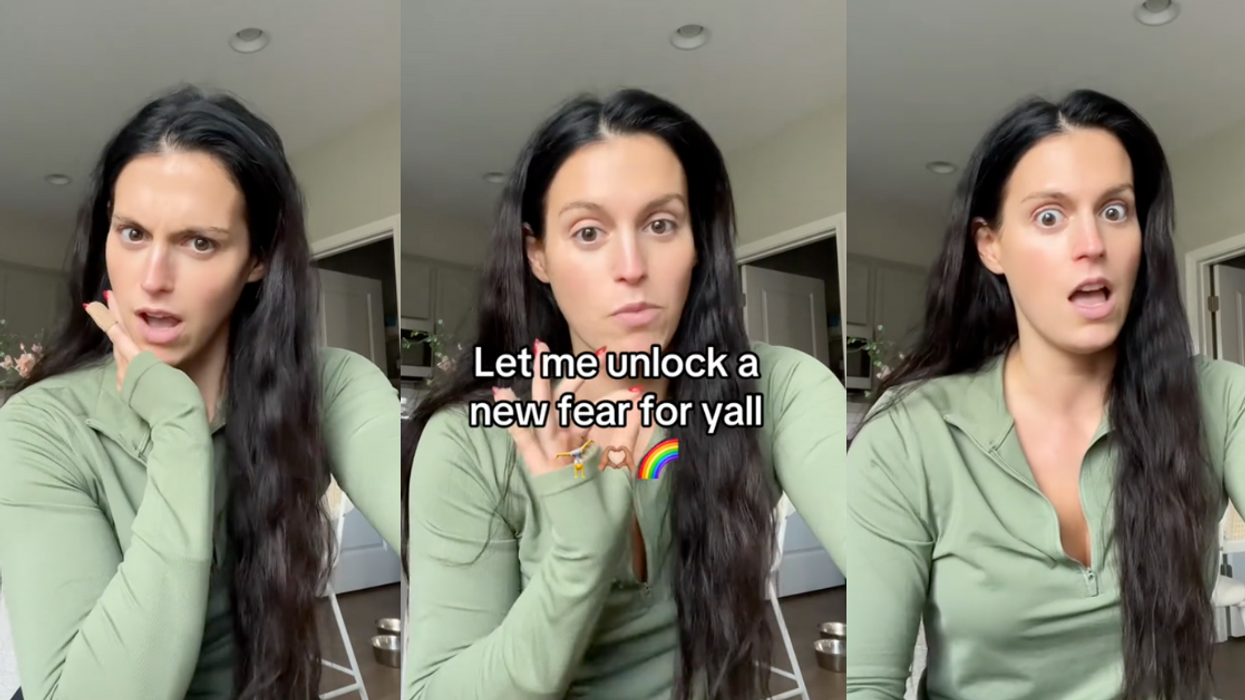


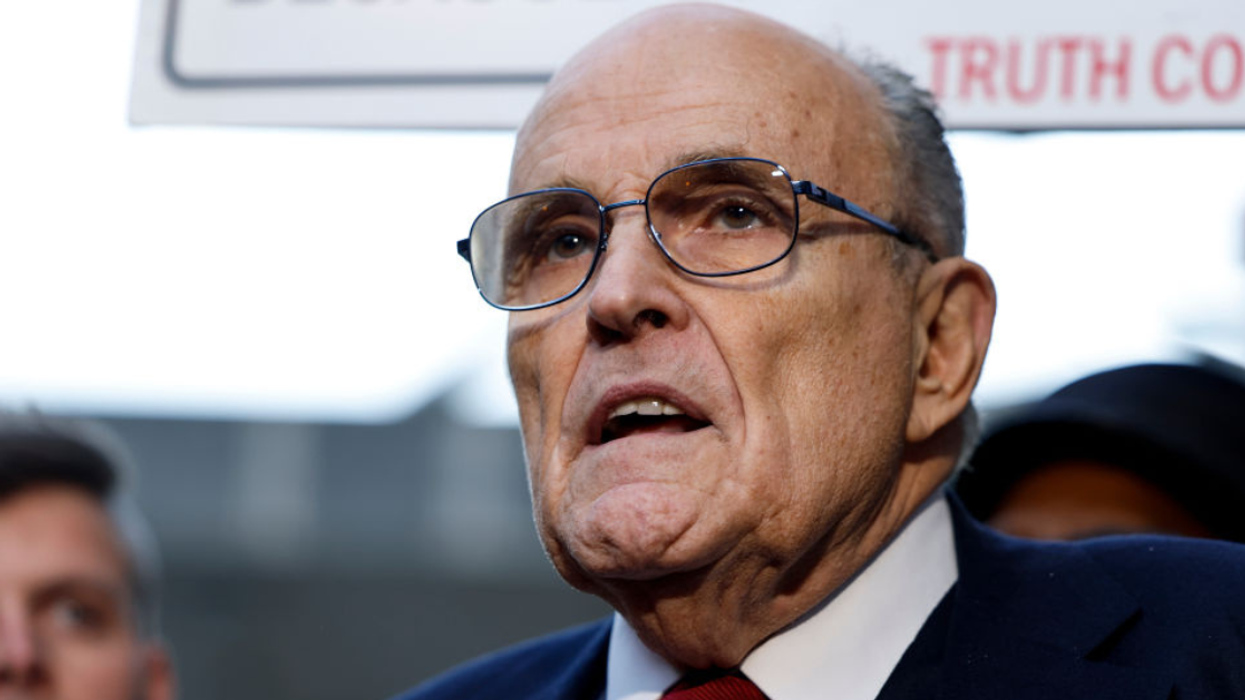

 Oh My George Takai GIF
Oh My George Takai GIF Excited The Muppet Show GIF by Muppet Wiki
Excited The Muppet Show GIF by Muppet Wiki Bad Day Monday GIF
Bad Day Monday GIF Money Dancing GIF by Staatsloterij
Money Dancing GIF by Staatsloterij
 @realDonaldTrump/Truth Social
@realDonaldTrump/Truth Social @finalreckoning/Bluesky
@finalreckoning/Bluesky @covie_93/Threads
@covie_93/Threads @covie_93/Threads
@covie_93/Threads @covie_93/Threads
@covie_93/Threads @covie_93/Threads
@covie_93/Threads
 @morganhardman/Instagram
@morganhardman/Instagram @blacklovepage/Instagram
@blacklovepage/Instagram @naijafly/Instagram
@naijafly/Instagram @jameswalkerjresq/Instagram
@jameswalkerjresq/Instagram @usherraymondfanpage3/Instagram
@usherraymondfanpage3/Instagram @nurse.pai/Instagram
@nurse.pai/Instagram @naycoldhearted3113/Instagram
@naycoldhearted3113/Instagram @trillymill/Instagram
@trillymill/Instagram @harrisoncf34599/Instagram
@harrisoncf34599/Instagram @sanaasolutions/Instagram
@sanaasolutions/Instagram @iamyasinah/Instagram
@iamyasinah/Instagram @sowkimrising/Instagram
@sowkimrising/Instagram @sbowling88/Instagram
@sbowling88/Instagram
 @flowerpower12790/TikTok
@flowerpower12790/TikTok @flowerpower12790/TikTok
@flowerpower12790/TikTok @flowerpower12790/TikTok
@flowerpower12790/TikTok @flowerpower12790/TikTok
@flowerpower12790/TikTok @flowerpower12790/TikTok
@flowerpower12790/TikTok @flowerpower12790/TikTok
@flowerpower12790/TikTok @flowerpower12790/TikTok
@flowerpower12790/TikTok @flowerpower12790/TikTok
@flowerpower12790/TikTok @flowerpower12790/TikTok
@flowerpower12790/TikTok @cass.on.tour/TikTok
@cass.on.tour/TikTok @cass.on.tour/TikTok
@cass.on.tour/TikTok @flowerpower12790/TikTok
@flowerpower12790/TikTok @flowerpower12790/TikTok
@flowerpower12790/TikTok